Four benefits of a circular economy

The circular economy is a production system that promotes the recycling and reuse of materials throughout the entire process. A circular economy refers to a production system that utilizes more recycling and reusable concepts at each stage. It can mean many things depending on the specific industry that employs its concepts, but its ideal form is reusing all materials used in the production of materials and goods in a way that minimizes waste.
A circular economy can help reduce greenhouse gases and mitigate the effects of climate change around the world. Here are four more specific benefits of adopting this concept on a global scale:
1. REDUCES NON-RENEWABLE ENERGY USE
It’s simply unsustainable to keep using materials such as oil and metal ores at the rate we are now. These are finite resources that, until asteroid mining became viable, are the only ones we have. Refurbishing or reusing old products, instead of throwing them away, is a way to mitigate this pending disaster.
2. LOWERS GREENHOUSE GAS EMISSIONS
Producing new products in many industries requires the use of non-renewable materials and in many cases spouts greenhouse gases into the air. The more the reuse of products and materials is normalized, the lower greenhouse gas emissions can become. According to the European Environment Agency, the production and disposal of materials contributes to as much as two-thirds of all global greenhouse gas emissions.
3. ZERO WASTE
In a perfect circular economy, there are no waste products to damage the environment or cause cost overruns. All efforts at creating a circular economy are aimed at a system that produces no waste.
4. PRODUCTS AND JOBS LAST LONGER
Circular economies shun practices like planned obsolescence, causing consumer products to last longer. It would also mean a shift in the job economy from non renewable resources like coal extraction to renewable resources, which promise to keep providing income far into the future.
Sources:
5 Benefits of a Circular Economy – TONTOTON
- Share with Twitter
- Share with Facebook
- Share with LinkedIn
- Share with e-mail
Might be interested in

An Ambitious Plan to Manage Non-Packaging Plastics in European Waste Streams
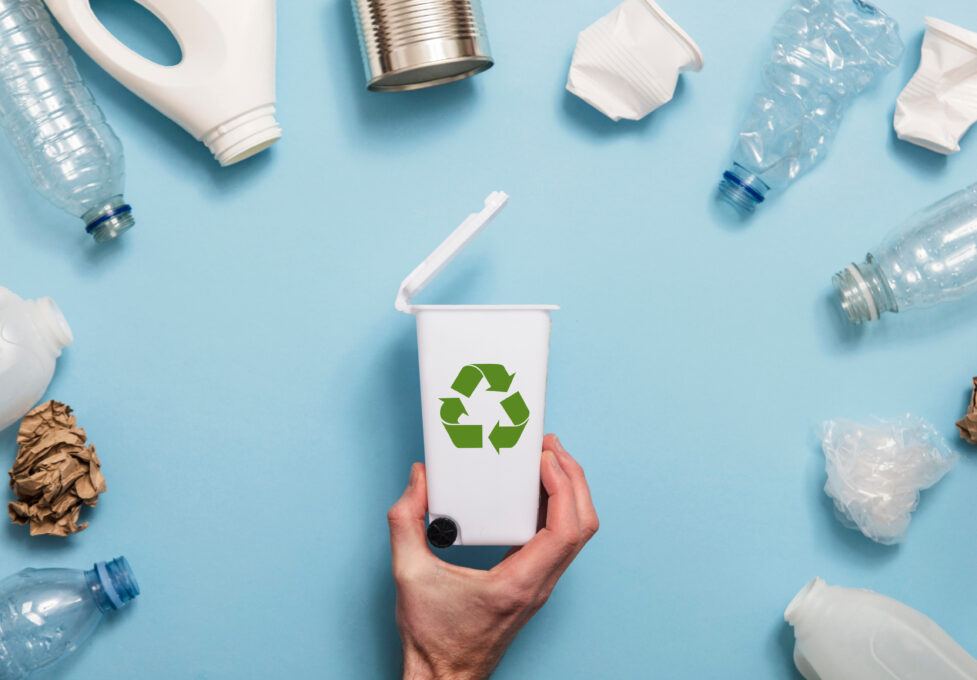
Kinds of plastics, uses and how to recycle
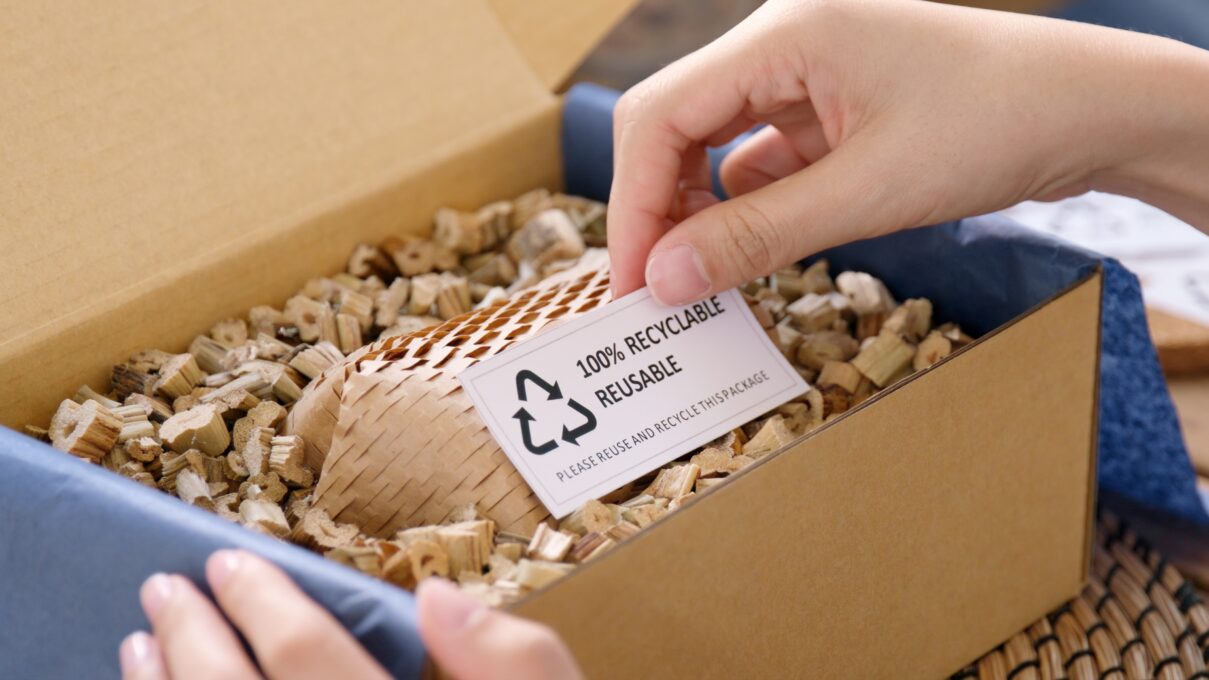
Sustainable products: the key to a greener future

What is the EU doing to implement green washing regulations?

The Transformative Role of AI in the Energy Sector
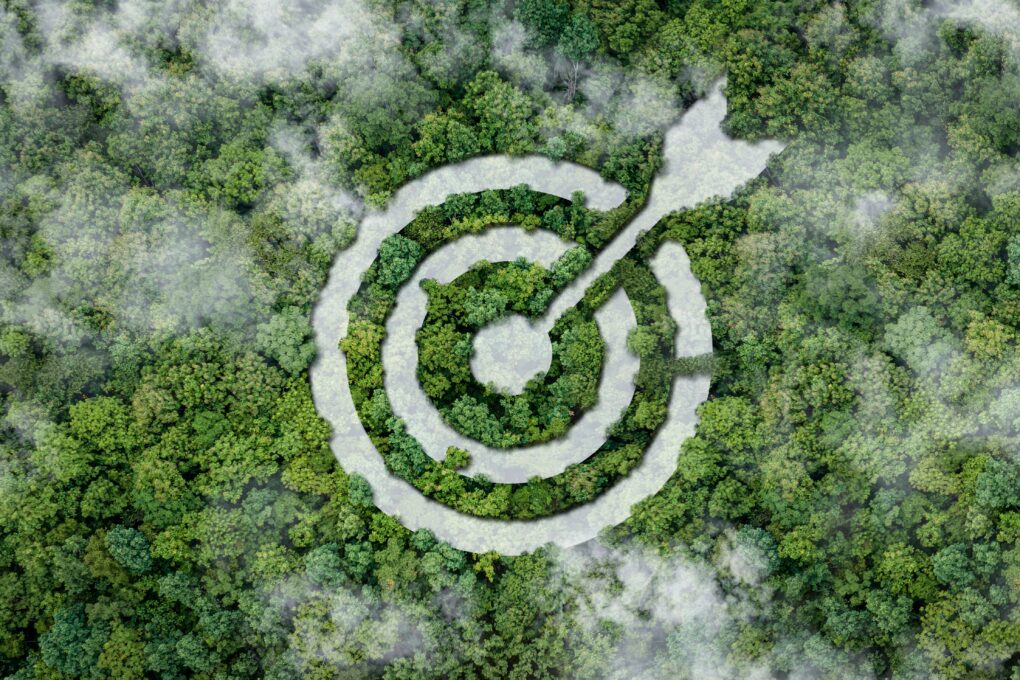
The importance of energy efficiency in achieving climate goals

How does climate risk affect us?

Ways to Prevent Wasted Food at Home

10 Sustainable Holiday Tips for a Greener Season

Ecotourism: Connecting Nature and Culture for a Sustainable Future

Building a Low-Carbon Supply Chain: Smart Strategies for Carbon Footprints Sustainable Operations
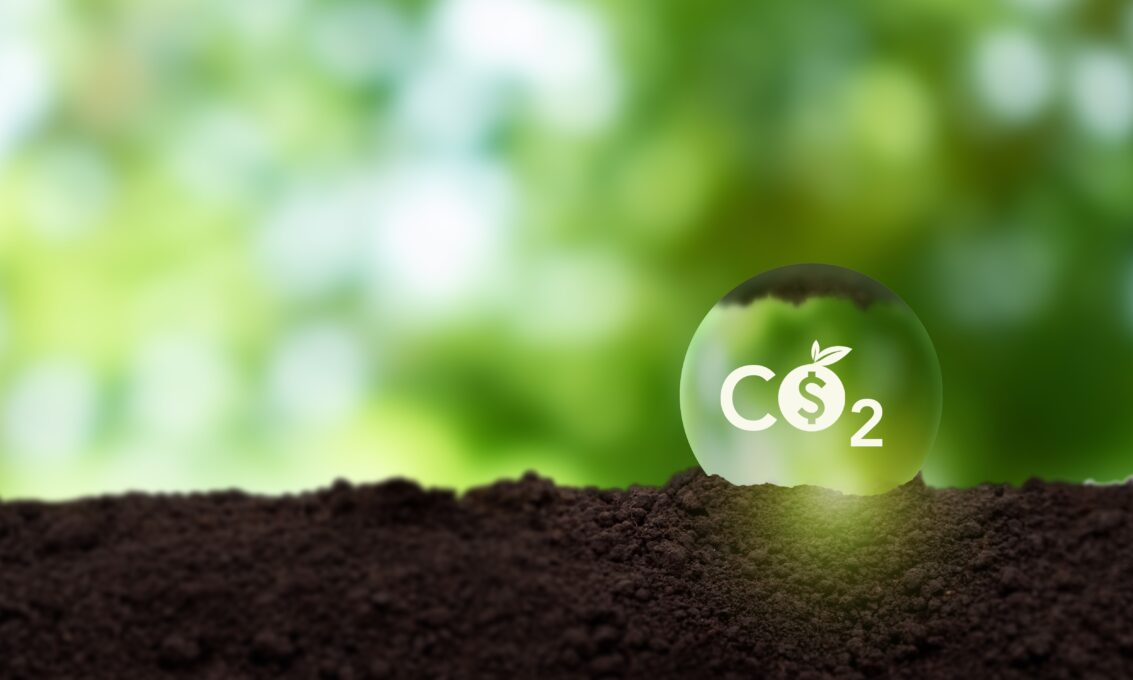
Understanding environmental commodities

From waste to worth: battery recycling

Sustainable packaging
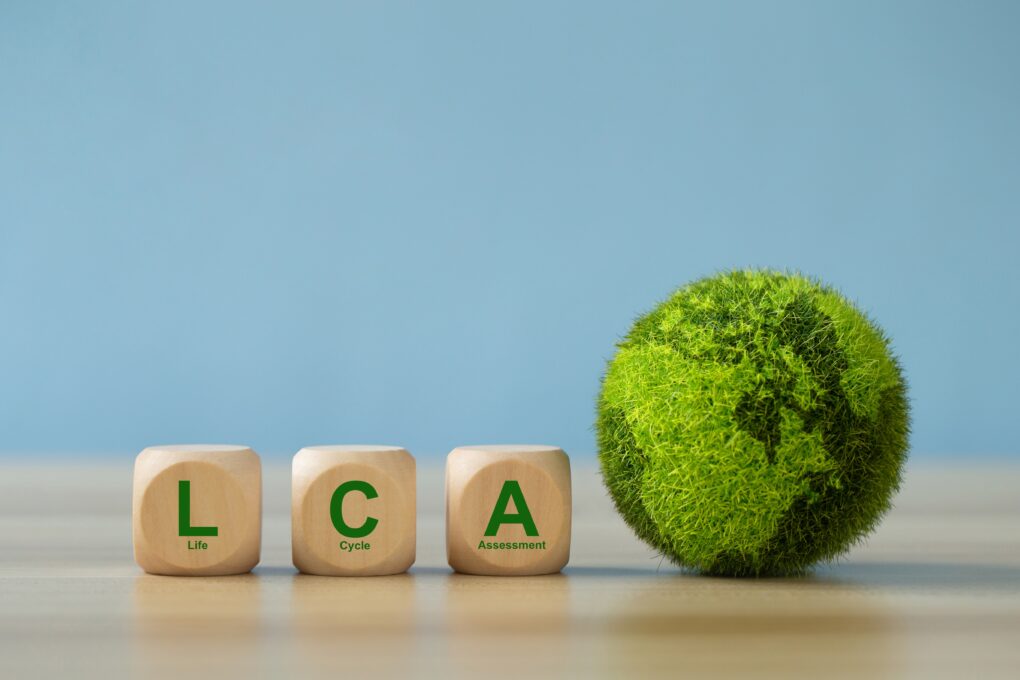
Life Cycle Assessment (LCA): everything you need to know

Digitalization can support shifting to more sustainable transport in Europe

Sustainable manufacturing
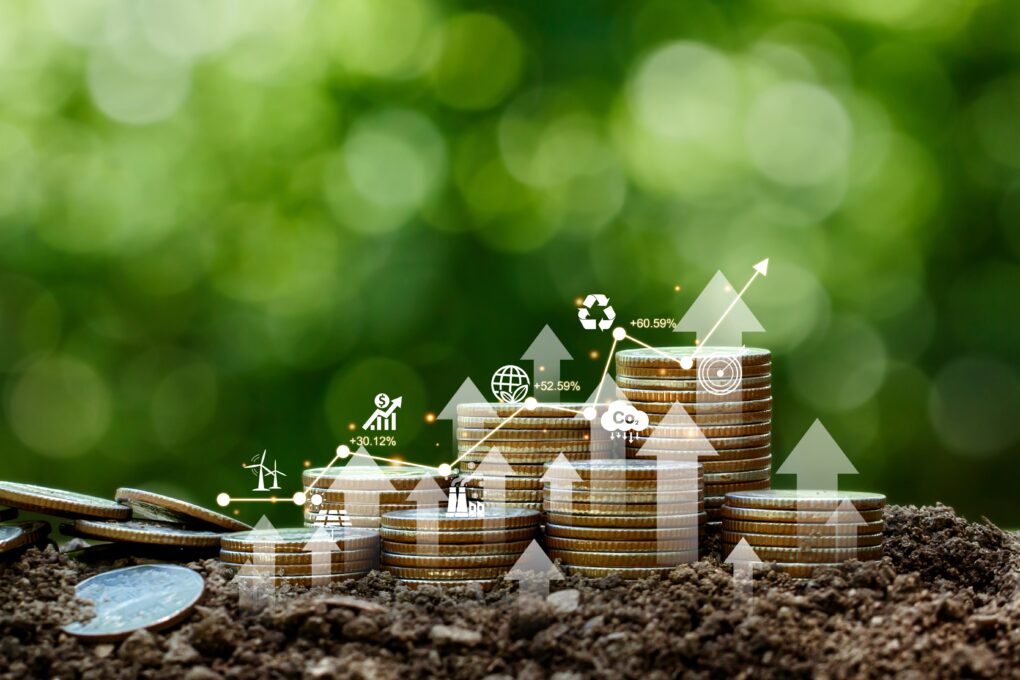
Empowering a Greener Future: The Role of Sustainable Finance in Transforming Society and the Environment

How to have a festive and eco-friendly Christmas this year

Ways the world can reduce emissions from global transport systems

Ways Your Smart Home Can Save Energy

Sustainable Packaging in the EU: Trends, Challenges, and Opportunities

Why Ecotourism Matters in the Fight Against Climate Change

Energy sustainability practices at home
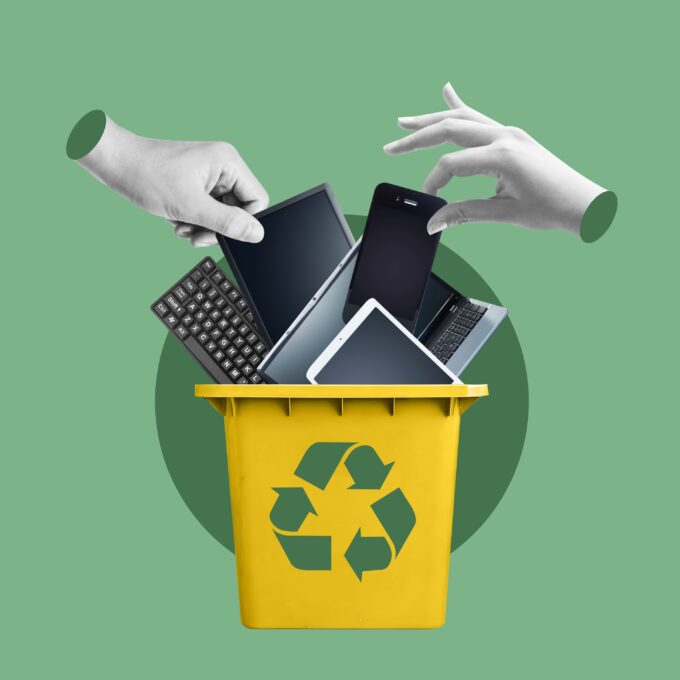
E-Waste Solutions: How to Responsibly Dispose of Electronics

Ecotourism: What It Is and Why It Matters

Sustainable Tourism: How to Travel with Minimal Environmental Impact

How E-waste and electronics recycling helps environmental conservation
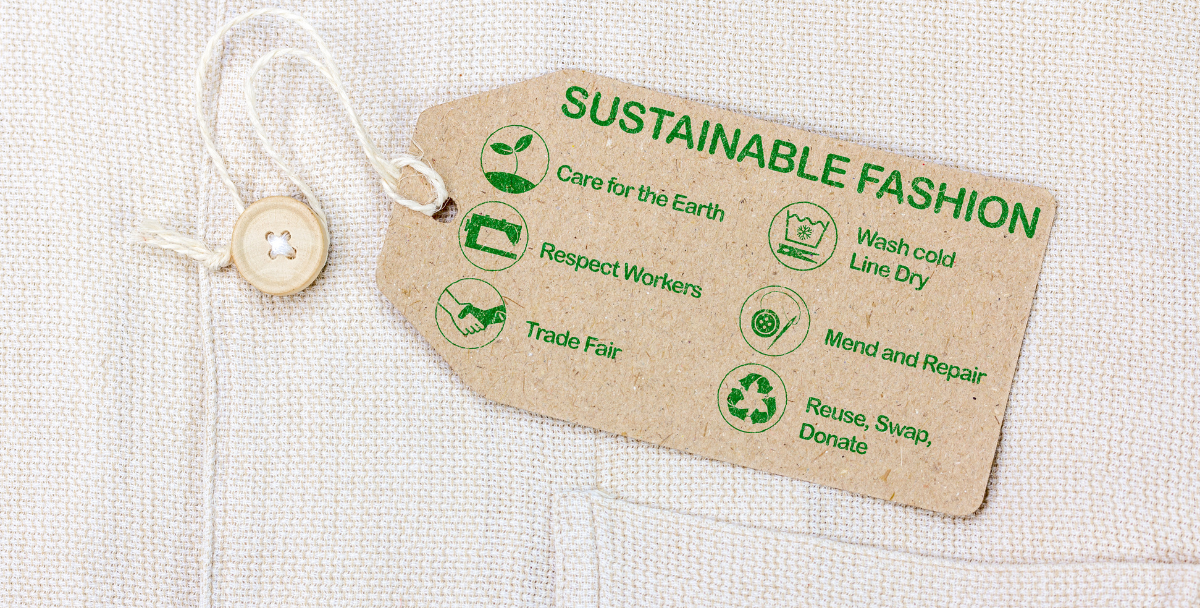
How Sustainability Technology is changing the Fashion Industry for the Better

Better links between waste management, circular economy and climate change mitigation measures can boost greenhouse gas emission reductions
